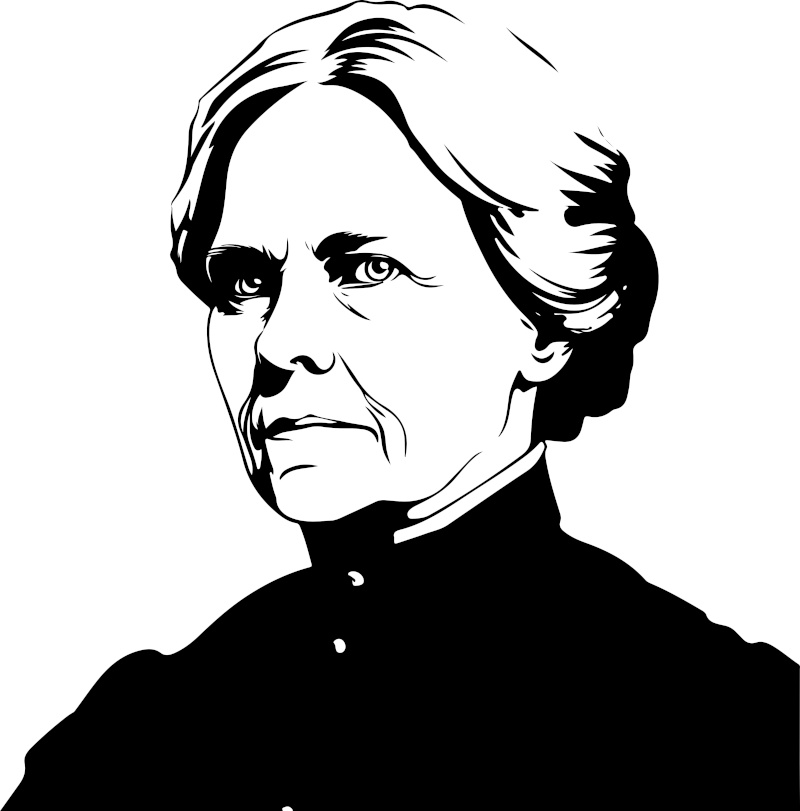
Elizabeth Blackwell: a pioneer in medicine
The Incredible Journey of the First Female Doctor
The Beginning of a Revolution
Elizabeth Blackwell, born on February 3, 1821, in Bristol, England, moved to the United States with her family in 1832, settling in Cincinnati, Ohio. After her father’s death in 1838, Elizabeth and her family faced financial difficulties, but this did not deter Elizabeth from pursuing her dreams. Her decision to become a doctor was inspired by the words of a dying friend who expressed a wish to have been treated by a female physician. At that time, the idea of a female doctor was nearly unthinkable, and Blackwell faced numerous challenges and discriminations along her journey. Despite this, she managed to gain acceptance at Geneva Medical College in New York in 1847, although her admission was initially seen as a joke.
Overcoming Challenges
During her studies, Blackwell was often marginalized by her classmates and local residents. She encountered significant obstacles, including discrimination from professors and exclusion from classes and laboratories. However, her determination remained unwavering, and she eventually earned the respect of her professors and fellow students, graduating first in her class in 1849. After graduation, she continued her training in hospitals in London and Paris, where she was often relegated to nursing or obstetric roles.
A Legacy of Impact
Despite difficulties in finding patients and practicing in hospitals and clinics due to gender discrimination, Blackwell did not give up. In 1857, she founded the New York Infirmary for Women and Children with her sister Emily and colleague Marie Zakrzewska. The hospital had a dual mission: to provide medical care to poor women and children and to offer professional opportunities to female doctors. During the American Civil War, the Blackwell sisters trained nurses for Union hospitals. In 1868, Elizabeth opened a medical college for women in New York City, and in 1875, she became a professor of gynecology at the new London School of Medicine for Women.
A Pioneer and an Inspiration
Elizabeth Blackwell not only overcame incredible personal barriers but also paved the way for future generations of women in medicine. Her legacy extends beyond her medical career and includes her role in promoting women’s education and participation in the medical profession. Her publications, including an autobiography titled “Pioneer Work in Opening the Medical Profession to Women” (1895), are testaments to her enduring contribution to the advancement of women in medicine.
Sources


